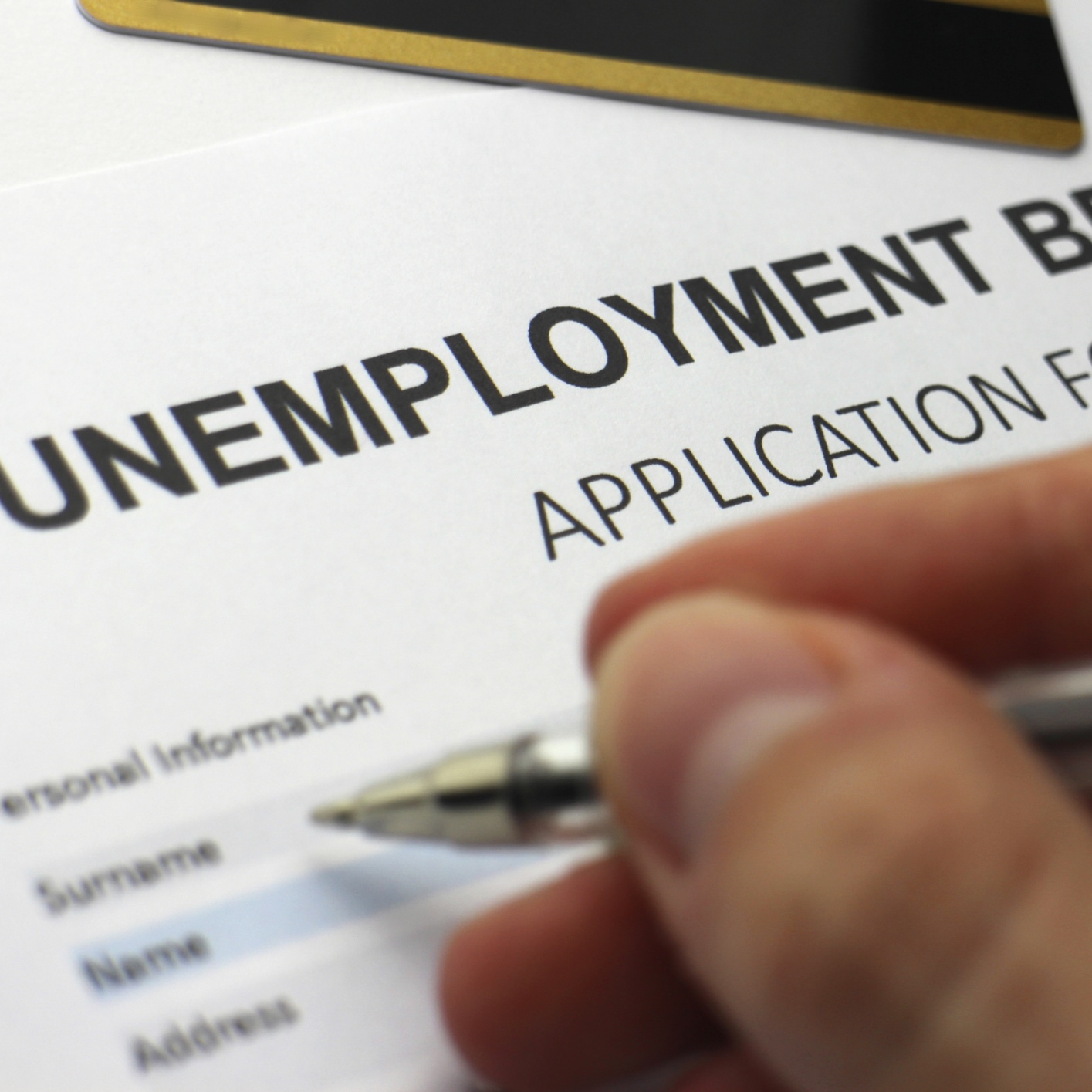
After the May jobs report, Jonathan Wright of Johns Hopkins University wrote for the Brookings Institute that the United States may have lost jobs last month. His math is unconventional, but his observation may be correct as the economy enters the summer.
I calculate the month-over-month change in total nonfarm payrolls, seasonally adjusted by the 3×9 filter, for the most recent month. The corresponding data as published by the BLS are shown for comparison purposes. According to the alternative seasonal adjustment, the economy actually lost about 4,000 jobs in May, compared to the official BLS total of 38,000 gained.
Even if the traditional measure was true, not many layoffs would have driven the May number negative.
The U.S. economy may only expand between 1% and 2% this year, based on estimates from the Organization for Economic Co-operation and Development (OECD), the World Bank and the International Monetary Fund. The global economy is also suffering. In a world in which nearly ever economist claims the financial and trade ties between the nations become more liberated as time passes, trouble in China becomes trouble in the United States and European Union. And many experts believe trouble in Europe will become severe if the United Kingdom breaks away from the EU.
Chancellor George Osborne has also warned Brexit could leave British families £4,300 worse off per year, while leading economic figures including International Monetary Fund chief Christine Lagarde and Bank of England boss Mark Carney have highlighted the risks of financial instability if Britain quits the EU.
The would be an astonishing drop in purchasing power in one of the world’s largest economies, and a major trade partner with the United States. Lael Brainard, a member of the Federal Reserve’s board of governors, made a comment covered by the Financial Times:
Her words on the UK were stark. If Britain votes to leave the EU on June 23, it could deliver a shock to global markets that may reverberate to the US, Ms Brainard said at a speech at the Council on Foreign Relations in Washington, as she noted warnings by the International Monetary Fund about the risks and protracted economic uncertainty a British exit from the EU could entail.
The observation covers only a fraction of the problem.
Earnings posted for the first quarter by many large U.S. companies were dreadful. It was particularly glaring among huge retailers, a reasonable barometer of consumer activity. Forecasts for the year were weak among large companies, and weaker still among retailers. Corporations faced with 2016 prospects that are unpredictably poor often lean toward layoffs as a short-term solution to bolster numbers. Retailers are among the largest employers in that nation.
One final economic risk this year as grown very recently. Americans used to $1.70 a gallon gasoline have needed to get used to $2.25 gas. Based on the pace of the increase in oil prices, that number could rapidly rise toward $3, just as quickly as it came down over a period of several months. People who believe gas would stay low, and adjusted the balance of their spending accordingly, will have to reset that balance again.
The U.S. economy is weaker than expected when it was healthy a year ago — weak enough to affect the jobs market considerably.
Thank you for reading! Have some feedback for us?
Contact the 24/7 Wall St. editorial team.




